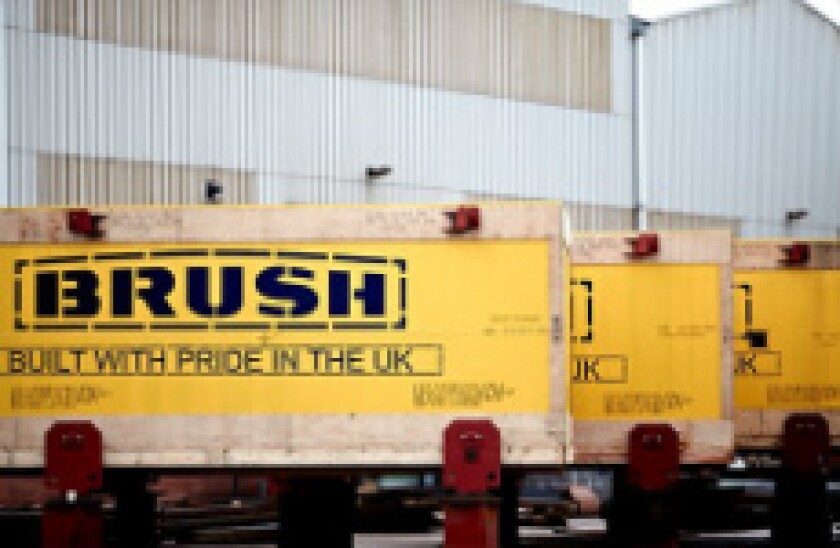Melrose, the London-listed industrial turnaround group, has a strong following with investors and banks, and an impressive track record in its chosen investment style: buy an industrial company, improve it, sell it and move on to the next.
But when it said in January that its next target would be GKN, the UK maker of automotive and aerospace parts that can trace its roots back to 1759, Melrose appeared to have hit a bump.
GKN's management, including new CEO Anne Stevens, fought back. Its workers, many politicians, and some key clients including Airbus were none too happy about the idea either.
GKN, advised by Gleacher Shacklock, JP Morgan Cazenove and UBS, argued Melrose's offer fundamentally undervalued the company and would take away value from shareholders to give it to Melrose's investors.
There followed a classic hostile bid battle, with the leaders of Melrose and GKN waging a war in both public and private forums.
But the longer it went on, the clearer it was that Melrose was getting the best of the battle.
GKN's stock market announcements tried to paint Melrose as, at best, an asset stripper and vulture. At worst, GKN flat out called the Melrose board liars when it claimed that the 32% premium Melrose was offering was “fake” and over-inflated by a margin of more than 21%.
How did GKN combat the looming threat of a company it claimed was an asset stripper?
In the most baffling way imaginable — by appearing to try to strip its own assets. It hastily assembled a sale of its Driveline business to US vehicle parts company Dana, as part of a countermeasure strategy that would pay out $2.5bn to GKN shareholders over the next three years.
The speed with which GKN threw the Dana deal together — there had been no hint of it when Melrose’s acquisition plans were announced in January — made it tough to convince investors that GKN had negotiated the most favourable terms.
Melrose jumped on the chance to score an open goal and said GKN would be shortchanged by around £900m if the sale went ahead.
GKN also failed to take advantage of political support. UK politicians raised concerns about keeping GKN’s place as an important part of the UK’s economy, through employment at the company and also through its massive supply chain.
Melrose quickly addressed this, agreeing to a five year lock on GKN's listing location and headquarters, plus maintaining the rights to GKN’s name at the Driveline business and maintaining the company’s pension pot.
GKN responded to Melrose’s promises by saying the company would be hamstrung and suffer under these prohibitions. This might be true, but to GKN shareholders, it was another sign that GKN’s board was planning quick asset sales.
On Thursday came the capitulation. Melrose had won the support of shareholders holding 52.4% of the stock and GKN advised other holders to accept the bid, rather than risk being left holding illiquid, unlisted stock if Melrose gained 75% and delisted GKN.
GKN’s board fought a vocal fight, backed by politicians and large chunks of the UK press, but shareholders were always unlikely to care about how strong the company's words were, when its actions left so much to be desired.

